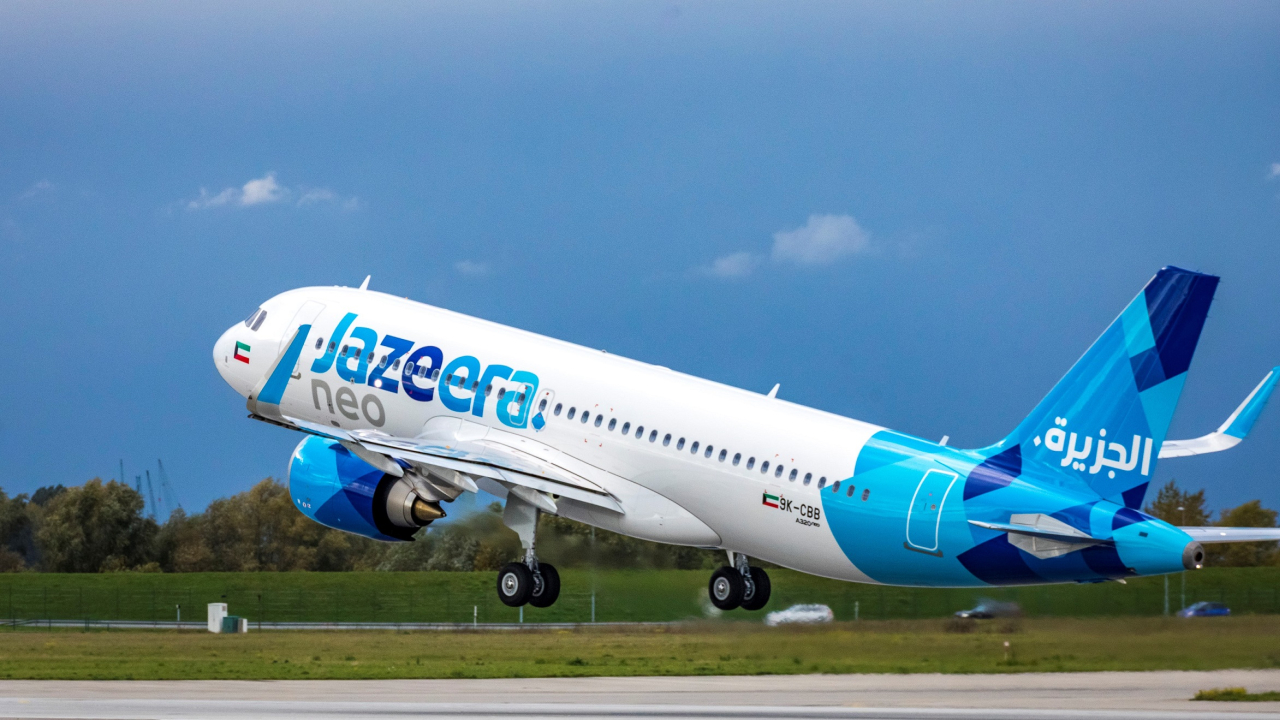Sabre survey cuts to the chase

Possessing a good 'brand' is vital for any airline. Customers' perceptions of a carrier may ultimately be critical in deciding whether it flourishes or folds.
That is particularly so in the Middle East, according to a new survey.
“Especially in the Gulf region, brand is really important,” said Nadja Killisly, responsible for strategy marketing in the Middle East and
Low-cost carriers in the region may face a problem because some customers perceive LCCs as being ‘cheap’, a perception that extends in some people’s minds to casting doubt on safety. “People really care about the image of the airline they’re flying with,” she added.
Despite the development of LCCs in the region, with travellers being given more choice as to how they fly, a Sabre survey found that there remains some resistance in the Gulf to the newcomers. “Middle Easterners still seem reluctant to accept this trend and prefer established carriers,” it notes. It adds that 56 per cent of Gulf residents name Emirates as their favourite carrier; LCC Air Arabia received only three per cent of the votes.
Developing a brand to give customers a more positive image should be made a priority, says the report. This is particularly the case for the LCCs.
One aspect of the
According to Killisly, even if Arab carriers are competing among each other they would be better working more closely together in some ways – to offer extended route networks, for example – rather than losing Arab passengers to non-Arab airlines.
Sabre’s survey, the Airline Industry Trends survey for 2009, looked at problems and priorities facing 90 airlines worldwide in the stressful current economic situation.
Fuel cost instability and revenue management were, predictably, two of the main concerns identified by airline managements over the next 18 months.
However, customer loyalty and retention efforts were viewed by an overwhelming 86 per cent of the survey’s respondents as having the most positive impact on their business.
The survey also found that although the airline industry in the
Stay up to date
Subscribe to the free Times Aerospace newsletter and receive the latest content every week. We'll never share your email address.

